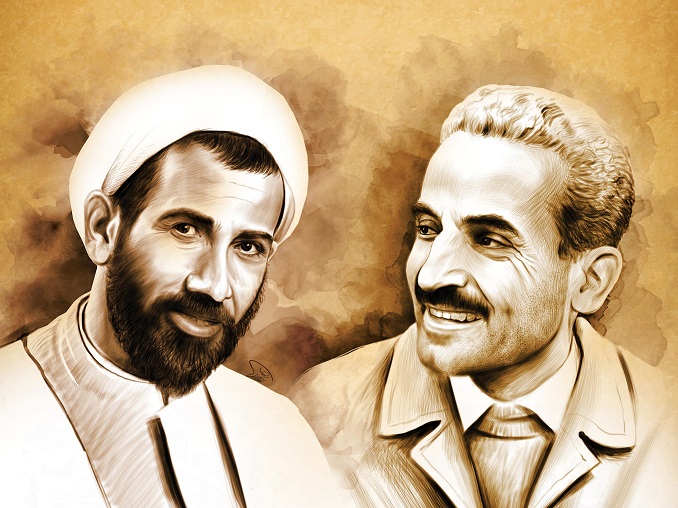
RNA - On that tragic day, President Rajaei, Prime Minister Bahonar and several other Iranian officials had convened at the Tehran office of the prime minister in a meeting of Supreme Defense Council when a bomb explosion ripped through the building. Survivors said an aide, identified as Massoud Kashmiri, had brought a briefcase into the conference room, placed it near the two high-ranking Iranian political figures, and then left.
The explosion occurred when one of the victims opened the briefcase. The blast killed Rajaei, Bahonar and three other members of the Islamic Republican Party. Subsequent investigations later revealed that Kashmiri was an operative of the terrorist Mojahedin-e Khalq Organization (MKO), who had infiltrated the office disguised as a security official.
In 1986, the MKO members fled Iran to Iraq, where they received support from former Iraqi dictator Saddam Hussein and set up Camp Ashraf, near the Iranian border. They were subsequently relocated to another camp, and then transferred to Europe. This is because the United States and the European Union removed the MKO from their lists of terrorist organizations. The anti-Iran terrorists enjoy freedom of activity in the US and Europe, and even hold meetings with American and EU officials under the guise of freedom and democracy.
Nevertheless, more than 17,000 Iranian nationals, including nuclear scientists and officials, have been killed or wounded in terror attacks in the past 37 years or so. The United States, Israel and Saudi Arabia stand behind many terror groups and proxies. They include the MKO, Daesh, Al-Qaeda, and Jondollah.
This is not surprising. For too long, these countries have looked at others from the so-called "moral high ground." Under the guise of "democracy" and "freedom," the Western countries led by the US have often interfered in the internal affairs of other countries – even waged war. Their application of double standards does more harm than good against the threat of terrorism.
The Western pride is also reflected in its relentless attempts to transform the Islamic world. The US has proposed a "Great Middle East Initiative," which aimed to aid 22 countries in the region together with the EU and to help them carry out political, economic, cultural and social reforms. Instead, the interference has caused political inefficiency and social instability in the Middle East, which provoked anti-Western sentiments and nurtured the rapid growth of terrorist groups in the region and beyond.
Western military involvement in Afghanistan, Iraq, Libya, Yemen and Syria has equally turned these countries into breeding grounds for terrorism. Washington's biased stance on the Palestinian-Israeli conflict and support for dictatorial rule in some Arab countries have stimulated anti-American sentiments in the region, one of the main motives behind acts of terror.
The Western countries treat terrorism with hypocrisy. They call it terrorism when it hits them, but label it as a revolution, a show of democracy or human rights issues when it hits countries ideologically inconsistent with them, as they view the fight against terrorism as a means to realize their strategy and interests.
The US criticism against Iran’s support for Iraq, Syria and Hezbollah in the battle against various terrorist groups is yet another case of Washington's application of double standards in dealing with issues of terrorism. Washington’s pride and prejudice, claim of moral high ground and double standards in its anti-terror policy, have greatly hindered anti-terror efforts and left negative impacts that are far more terrible than terrorism itself.
In summation terrorism knows no borders and no countries. Being a victim of terror over the past decades, Iran maintains that eradicating terrorism around the world requires a united front and collective efforts by all countries, since terror is denounced regardless of where it takes place and whom it kills.
To this end, there should be no distinction between moderate and extremist terrorist groups. There should be no double standards in fighting terrorism. Terror is terror. Wherever it occurs, in whatever form or out of whatever reason, the international community should take a clear stance and work together to fight it. It is high time for all UN member states, particularly the Western countries, to fight terrorism at source by eliminating its roots in conflict, enhancing global integration, and promoting inter-civilization dialogue.
847/940